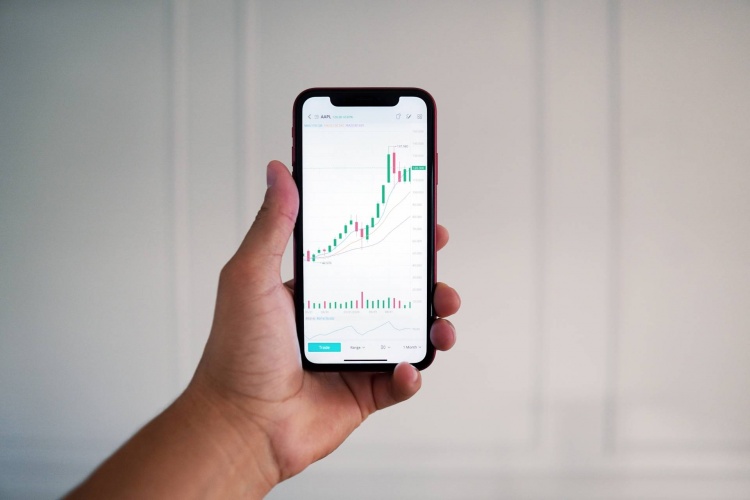Forex trading in Japan is a dynamic and rapidly growing sector within the financial industry. With its distinct characteristics, including regulatory frameworks and cultural nuances, trading in the Japanese forex market offers both opportunities and challenges for traders and investors. In this article, we will delve into the world of forex trading in Japan, exploring its key features, regulations, and insights that are essential for anyone looking to participate in this thriving market.
The Booming Japanese Forex Market
Forex trading in Japan has experienced significant growth in recent years. This surge in popularity can be attributed to the Japanese yen's role as a major currency in the global forex market and the increased interest of Japanese investors in international financial markets. Forex brokers have recognized this demand and have expanded their services to cater to Japanese traders. The availability of online trading platforms and a wide range of currency pairs has made it easier than ever for Japanese investors to participate in the forex market.
Strict Regulatory Environment
Japan is known for its robust regulatory framework, and forex trading is no exception. The regulatory body overseeing the forex market in Japan is the Financial Services Agency (FSA). The FSA has implemented stringent regulations to protect investors and maintain the integrity of the market. These regulations include leverage limits, margin requirements, and strict rules on advertising and promotional activities by forex brokers. While these regulations provide a high level of security for traders, they also impact the trading conditions and strategies that traders can employ.
Cultural Influences on Forex Trading
Understanding the cultural factors that influence forex trading in Japan is crucial for success. Japanese investors tend to have a conservative approach and often prioritize capital preservation. This cultural tendency can influence trading strategies, risk tolerance, and the preference for long-term investments. Traders who are aware of these cultural nuances can tailor their trading approach to align with the preferences of Japanese investors, potentially gaining an edge in the market.
Trading Hours and Time Zones
Forex trading operates 24 hours a day, but different sessions overlap, creating optimal trading hours for specific currency pairs. Japanese traders need to be aware of the time zone differences and the most active trading hours for their chosen currency pairs. This knowledge allows traders to maximize their trading opportunities and respond to market developments effectively.
Conclusion
Forex trading in Japan is a thriving and dynamic market with its own set of opportunities and challenges. The popularity of forex trading in the country is driven by the Japanese yen's prominence in the global forex market and the increasing interest of Japanese investors in international currency markets.
Success in forex trading in Japan requires a deep understanding of the regulatory landscape, awareness of cultural preferences, and the ability to navigate time zone differences effectively. Whether you are an experienced forex trader or just entering the market, the Japanese forex landscape offers unique opportunities for those who are willing to embrace its intricacies and tailor their strategies accordingly.
